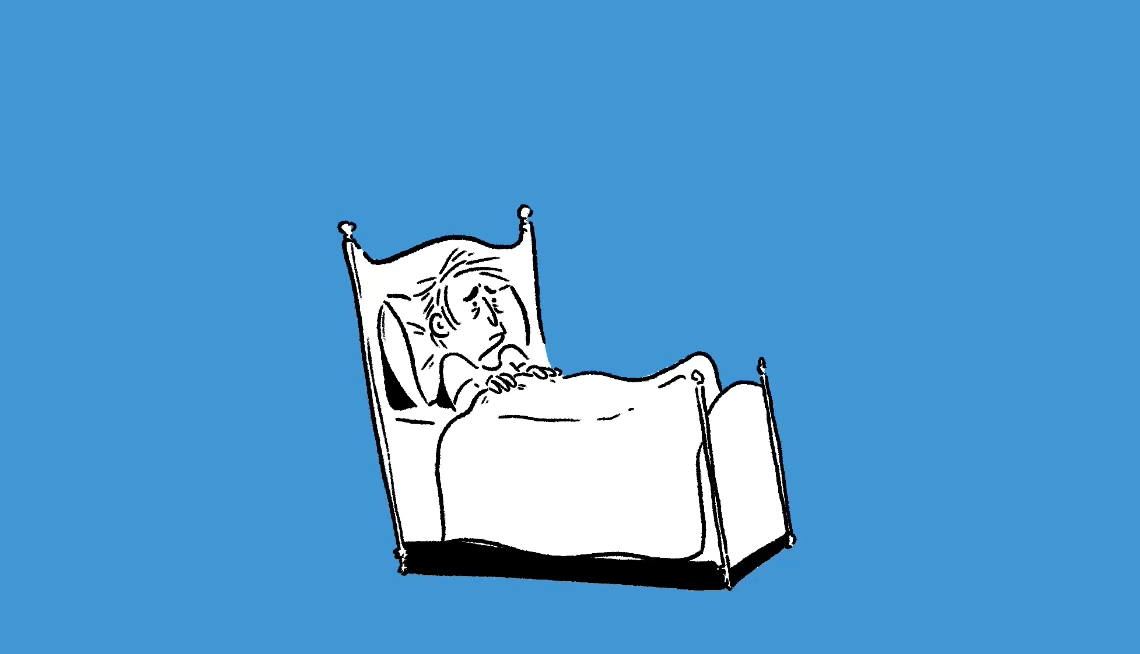AARP Hearing Center


It feels like the older I get, the more anxious I am, especially when it comes to my family. Friends say the same. What is happening, and what can I do about it?
As you’re probably experiencing, anxiety makes us feel tense, fearful and ill at ease. Although anxiety is uncomfortable, it’s an important signal that alerts us to how we’re coping. One of the most important things we can do when we feel anxious is to ask ourselves, “Why am I feeling this way?” “What’s going on in my life now?”
Even though there are a variety of issues that can make us anxious, the one I hear most from my aging patients is, “Dr Adam, I’m worried about how getting older is going to affect my family. I don’t want to be a burden.” Others express fear they’ll end up alone with no one to help. In either instance, I believe one way to reduce anxiety around aging is to anticipate your needs and make plans for the future as best you can.
For some patients moving closer to children is a tremendous relief. Even though it can be intimidating to leave home base, being around family builds a support system. Of course, that’s not an option for everyone. Joining a community center, getting more involved in a religious organization like a church or synagogue or other types of groups, can open your social circle and help to alleviate the fear of being alone.


Ask Dr. Adam
Adam B. Rosenbluth, M.D., is an internist and cardiologist in New York City. Each Monday, he’ll weigh in on your questions about how to make your body work better for you. His AARP book will be published in 2027. Join in on the conversation on social media @dradamrosenbluth to learn to move the needle on your personal health in an achievable way.
Aging isn’t the only trigger. You can be uneasy around retirement or financial issues, work problems, relationship difficulties, loss of a loved one, an illness or disability … the list goes on. Studies report that 14 to 17 percent of people age 65 and older say they feel anxious.
Certain physical conditions can make you feel anxious, too. For instance, if you’re not getting enough sleep or have heart, thyroid or chronic obstructive pulmonary disease (COPD), you can feel more vulnerable and worried. Some medications like steroids, stimulants and inhalers can cause anxiety as a side effect. On the flip side, anxiety poses risks by raising the likelihood of stroke, heart failure, autoimmune diseases and memory disorders.




































































You Might Also Like
What Can I Do About My Loneliness?
A doctor's advice for what to do when you feel alone
10 Exercises to Help Keep You Healthy
Simple moves to stay strong and independent long into the future